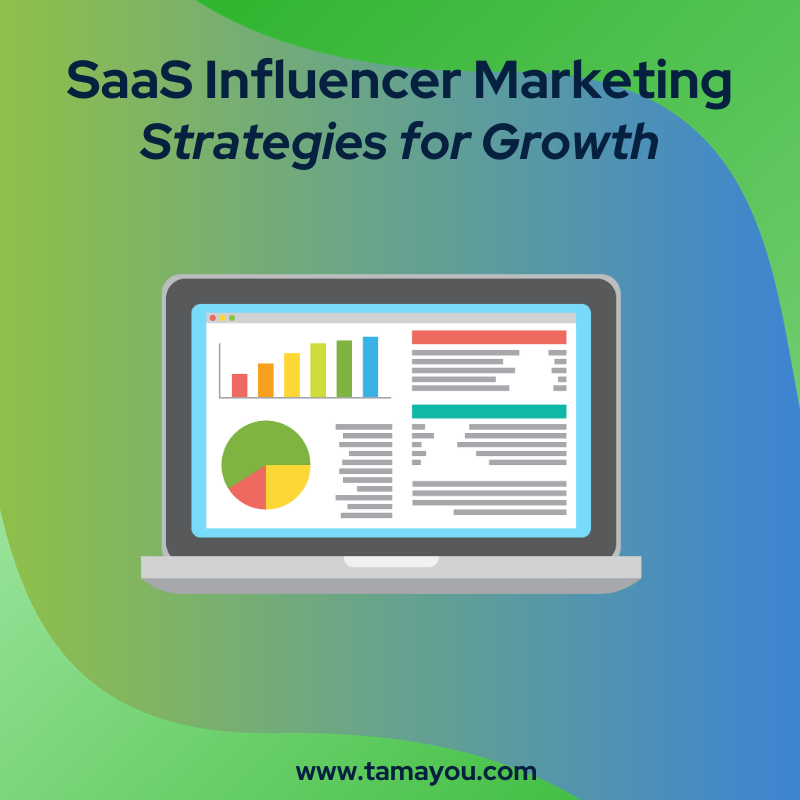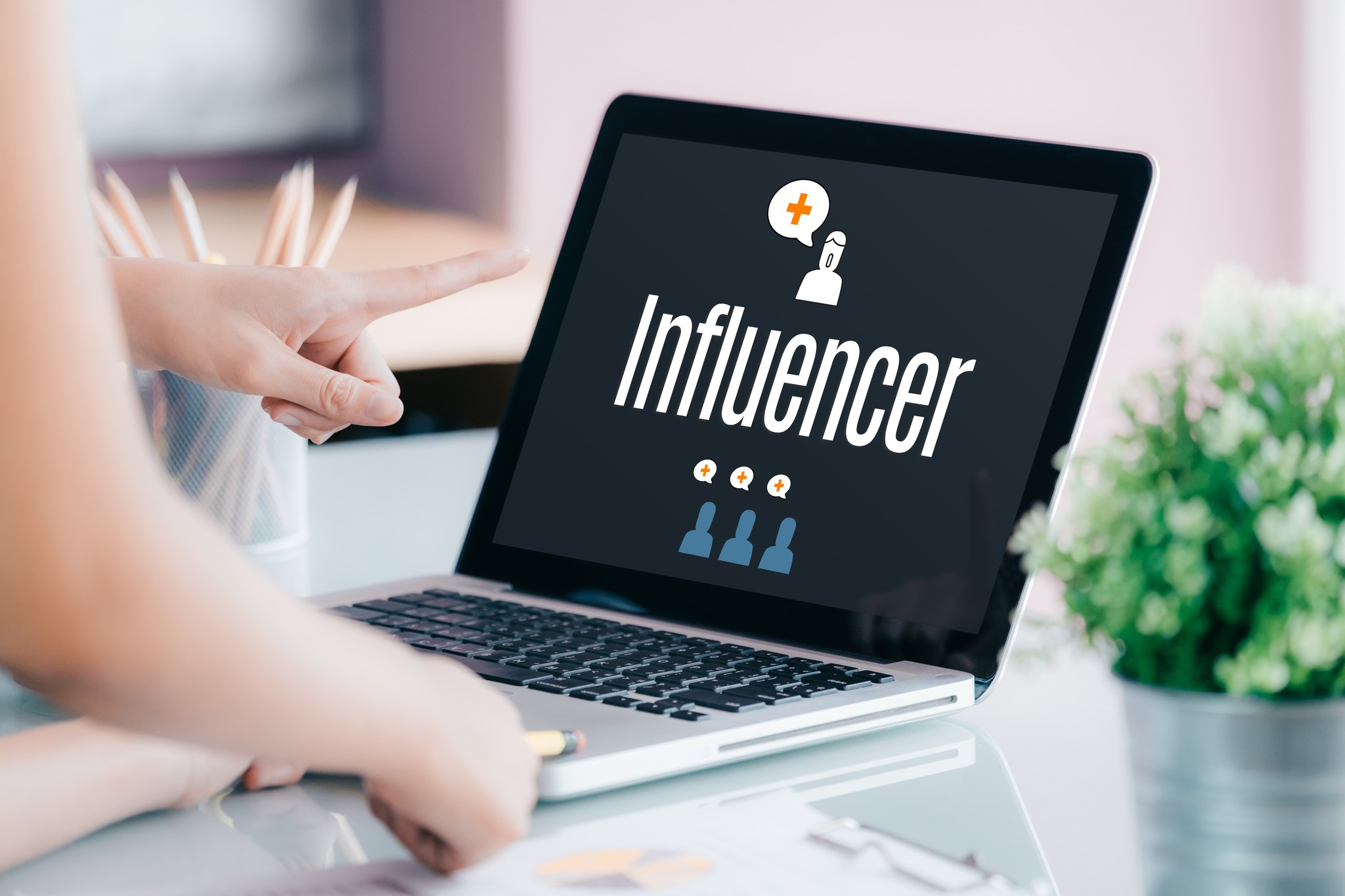Navigating Strategies for Growth.
Influencer marketing, commonly associated with B2C sectors, is also making significant strides in the B2B arena, particularly within the Software as a Service (SaaS) industry. This blog post delves into the nuances of influencer marketing in the SaaS sector, offering insights into best practices, effective channels, budget considerations, and inspiring case studies.
Understanding B2B vs. B2C Influencer Marketing
In the SaaS domain, influencer marketing is primarily B2B-focused, targeting decision-makers and professionals in need of business solutions. This contrasts with B2C influencer marketing, which typically targets direct consumers. B2B influencer marketing demands sophisticated influencers who can effectively communicate with a business-oriented audience.
Optimal Channels for SaaS Influencer Marketing
For B2C SaaS brands, social media platforms like Instagram, TikTok, and YouTube are prevalent. In contrast, B2B SaaS brands should focus on channels like podcasts, events, and blogs to reach their audience more effectively.
Budgeting for SaaS Influencer Marketing
Budgets for influencer marketing vary widely. A study by Influencer Marketing Hub revealed that 43% of brands spend under $10,000, while others invest significantly more, with 11% spending over $500,000.
Key Steps for Leveraging SaaS Influencer Marketing
- Finding Relevant Influencers: Look for influencers whose audience matches your target customer base and who possess high engagement rates. It’s beneficial to partner with influencers knowledgeable about your industry.
- Content and Distribution Plan: Develop a plan that ensures the content resonates with the target audience and is distributed effectively. Consider various content forms, such as sponsored posts, guest blog posts, video content, and podcasts.
- Monitoring Campaign Results: Set clear KPIs and track metrics relevant to your campaign goals, such as website traffic, brand mentions, and conversions.
Best Practices
- Build Long-Term Relationships: Long-term partnerships with influencers lead to more authentic content and effective promotion of new features or products.
- Set Realistic Expectations: Align specific goals and fair timelines with your business objectives and communicate clearly with influencers.
- Transparency: Be clear about compensation, brand guidelines, and expectations to establish a successful partnership.
Case Studies in SaaS Influencer Marketing for Inspiration
- Canva and Guy Kawasaki: Kawasaki’s role as Canva’s Chief Evangelist led to significant brand promotion and user engagement.
- Monday.com and Ann Handley: Collaboration with marketing professionals for content creation showcased an effective B2B influencer strategy.
- Shopify and Mr. Beast: Leveraging Mr. Beast’s influence to promote Shopify’s e-commerce platform to creators and direct consumers.
Influencer marketing in the SaaS industry requires a nuanced approach, blending sophisticated influencer partnerships with targeted content and distribution strategies. By adhering to best practices and learning from successful case studies, SaaS companies can effectively leverage influencer marketing to enhance brand awareness and drive sales.
Supercharge your business with the transformative power of influencer marketing. Witness your brand’s visibility skyrocket, forge meaningful connections with your ideal audience, and achieve unprecedented conversion rates. Join the league of thriving brands that have partnered with TAMA and immerse yourself in the profound impact of genuine influencer collaborations. Seize this golden opportunity to amplify your brand’s presence. Reach out to us now and allow TAMA to propel your brand to unparalleled heights of success.




